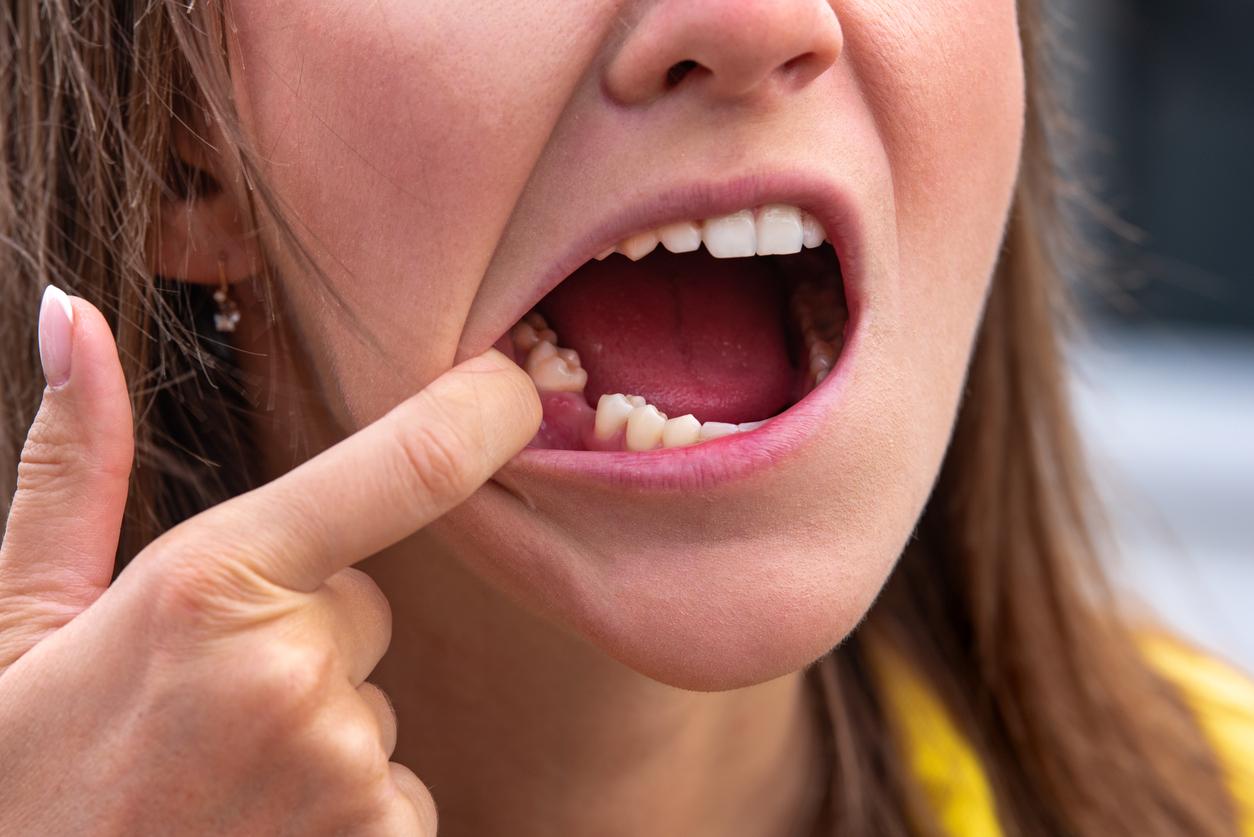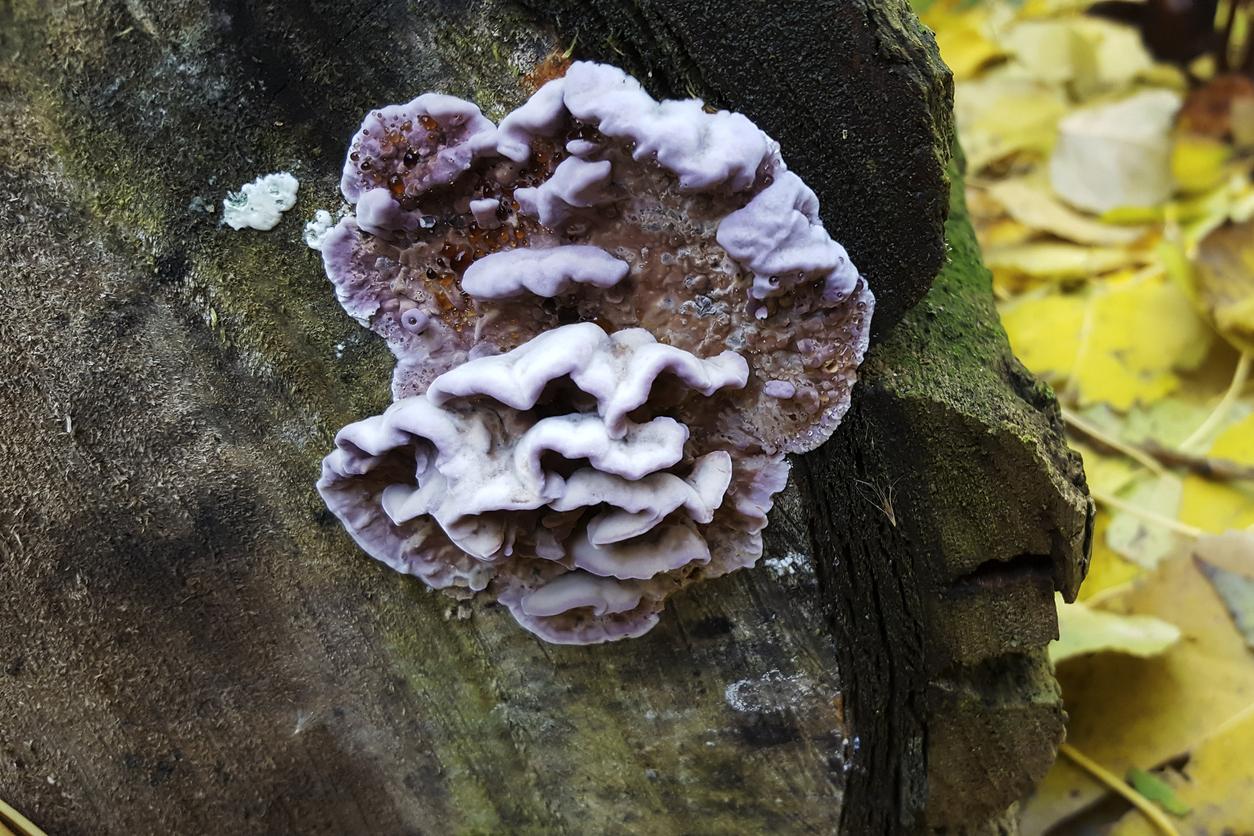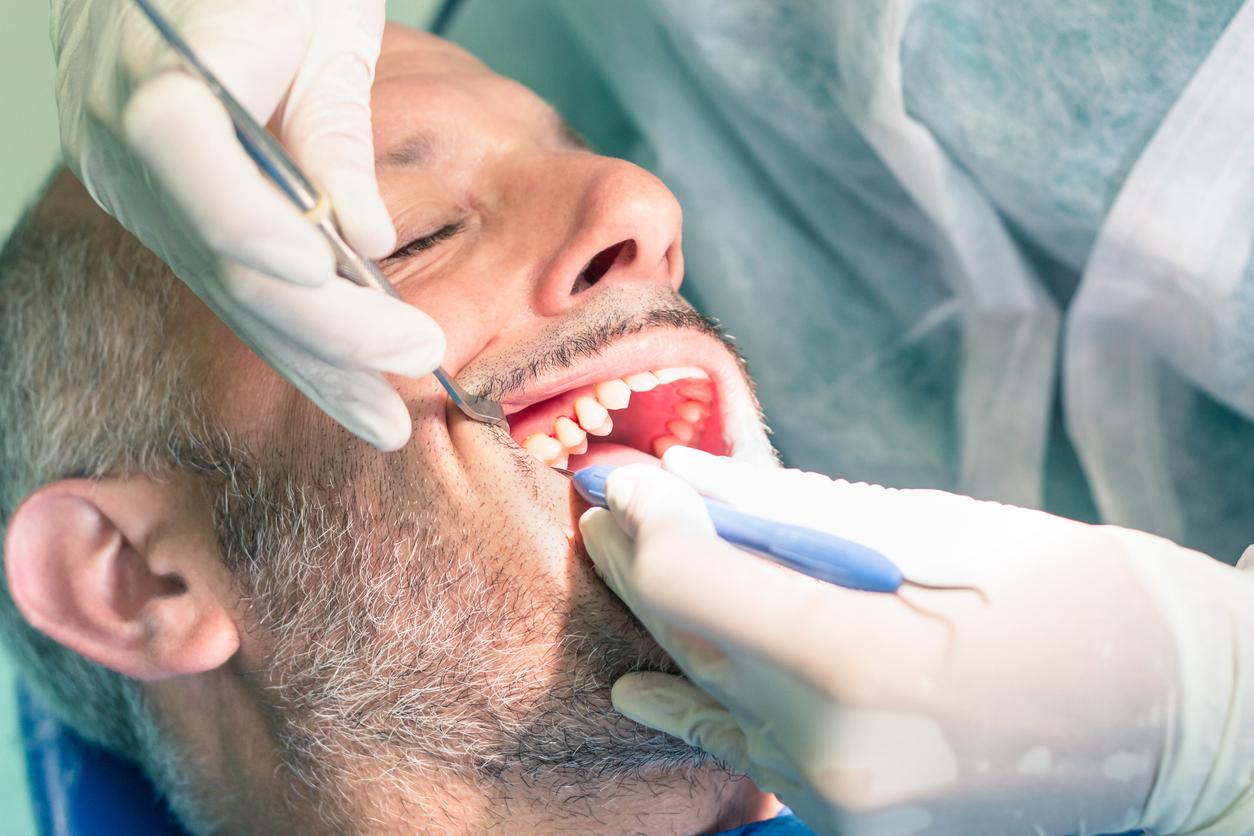In April 2013, scientists claimed that the breath of prehistoric men “was probably not that bad”, according to their analyzes. Today, new research proves the opposite. According to a study published by the journal Proceedings of the National Academy of Science (PNAS), our ancestors who populated the earth 15,000 years ago already suffered from dental problems.
Researchers have analyzed skeletons discovered in Morocco, more exactly hunter-gatherers from the Pigeon cave, near Taforalt. “The majority of the occupants of this cave had cavities and dental abscesses, and they must often have had toothaches and bad breath, “says Dr Isabelle de Groote, professor of anthropology at John Moores University in Liverpool, Great Britain, and co-author of the study.
A diet rich in carbohydrates
This discovery is a surprise because scientists believed that the development of cavities appeared with the cultivation of cereals and industrial evolution which favored the development of processed food. However, the skeletons of the Pigeon cave date from a period preceding this development. The hunter-gatherers that were analyzed ate acorns, pine nuts and nuts. Containing carbohydrates, these foods are favorable to the appearance of cavities.
The study also calls into question the sedentary lifestyle of this prehistoric population, because to spread, this type of infection requires a certain promiscuity. Among other things, poor dental hygiene would partly explain the high mortality of populations at the time because it would be linked to systematic health problems, such as cardiovascular disease, the researchers believe.


















